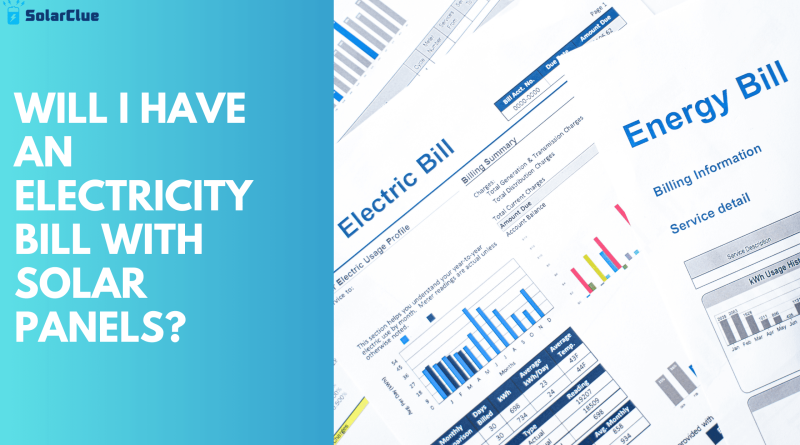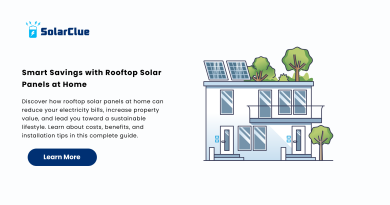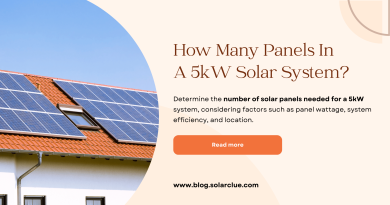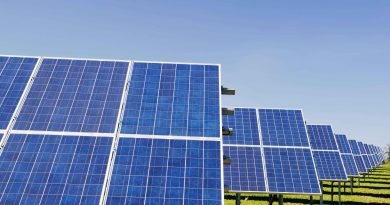Will I have An Electric Bill With Solar Panels?
Solar energy has become the benchmark in our everyday search for sustainable energy sources, offering both significant cost savings and environmentally benign electricity. One frequently asked issue is, “Will I still have an electric bill if I install solar panels on my property?” as more and more homes consider switching to solar power. This blog goes deeply into this inquiry, revealing the complexities of solar energy consumption and how it affects your monthly power expenses.
Table of Contents
A Comprehensive Overview of Solar Panels and Their Operation
Often referred to as photovoltaic (PV) panels, solar panels use the sun’s energy to create electricity. Direct current (DC) power is produced by the several solar cells that make up these panels. After that, an inverter converts the DC electricity to alternating current (AC).
Excess Energy and Net Metering
Net metering is a crucial component of solar energy systems. The excess energy generated by your solar panels is fed back into the grid when it exceeds the electricity your house uses. In exchange, you get credits for the extra energy generated on your power account. This system makes sure that you are paid for the electricity that your solar panels add to the grid.
De-Zeroing Your Power Bills
Many homeowners want to completely eliminate their electrical costs. To do this, you must plan a solar energy system that either matches or surpasses the energy requirements of your home. Your monthly electricity bill may be eliminated if you size your solar panel installation correctly.
Taking Location and Energy Use Into Account
The efficiency of solar panels in reducing your electric bill is dependent on several variables, such as your location and usage habits. Sunlight-rich regions are by nature better suited to producing significant amounts of solar energy. Solar energy can also be optimised for homes that use less electricity and are energy-efficient.
Solutions for Battery Storage
Storing extra energy produced during the day is feasible when battery storage systems are integrated with solar panel systems. Use this stored energy at night or on overcast days to lessen your dependency on the grid and possibly save on electricity costs.
Tax Benefits and Financial Incentives
Solar energy is becoming more widely available and reasonably priced for homeowners due largely to government incentives and tax benefits. Solar panels are a financially appealing choice since tax credits, rebates, and other financial benefits can greatly reduce the initial installation costs.
How do I select the best solar panels?
Picking the ideal solar panels is essential in today’s environmentally conscious society. The below video help you to understand the information better. We cover everything, from comprehending kinds and efficiency to assessing the effects on the environment and federal incentives. Look into trustworthy brands, evaluate design, and make plans for upcoming growth. Make a wise decision for your place of work or residence. Enjoy considerable energy savings as you embrace sustainability. Together, we can make going solar easy and sustainable for the environment. Take action now to ensure a more environmentally friendly tomorrow!
Final Thoughts: Solar Energy’s Future
In conclusion, several factors, such as your location, energy usage patterns, and the layout of your solar energy system, have a significant impact on the likelihood of receiving an electric bill after installing solar panels. Solar power is becoming more and more popular as a result of technological breakthroughs, providing homes with a more sustainable and clean energy source.




